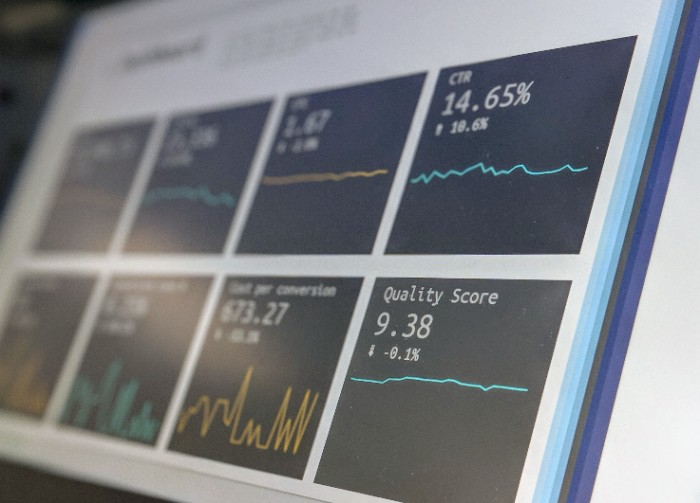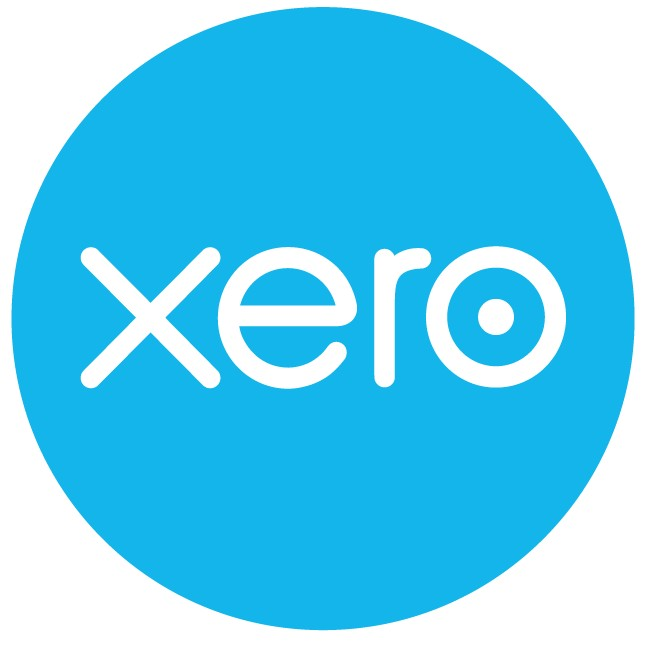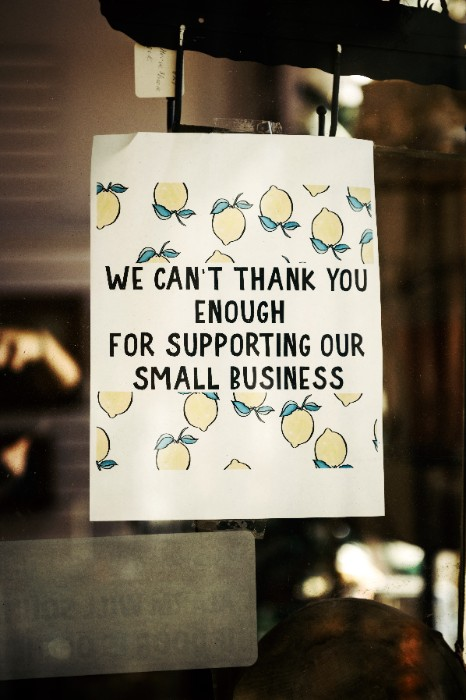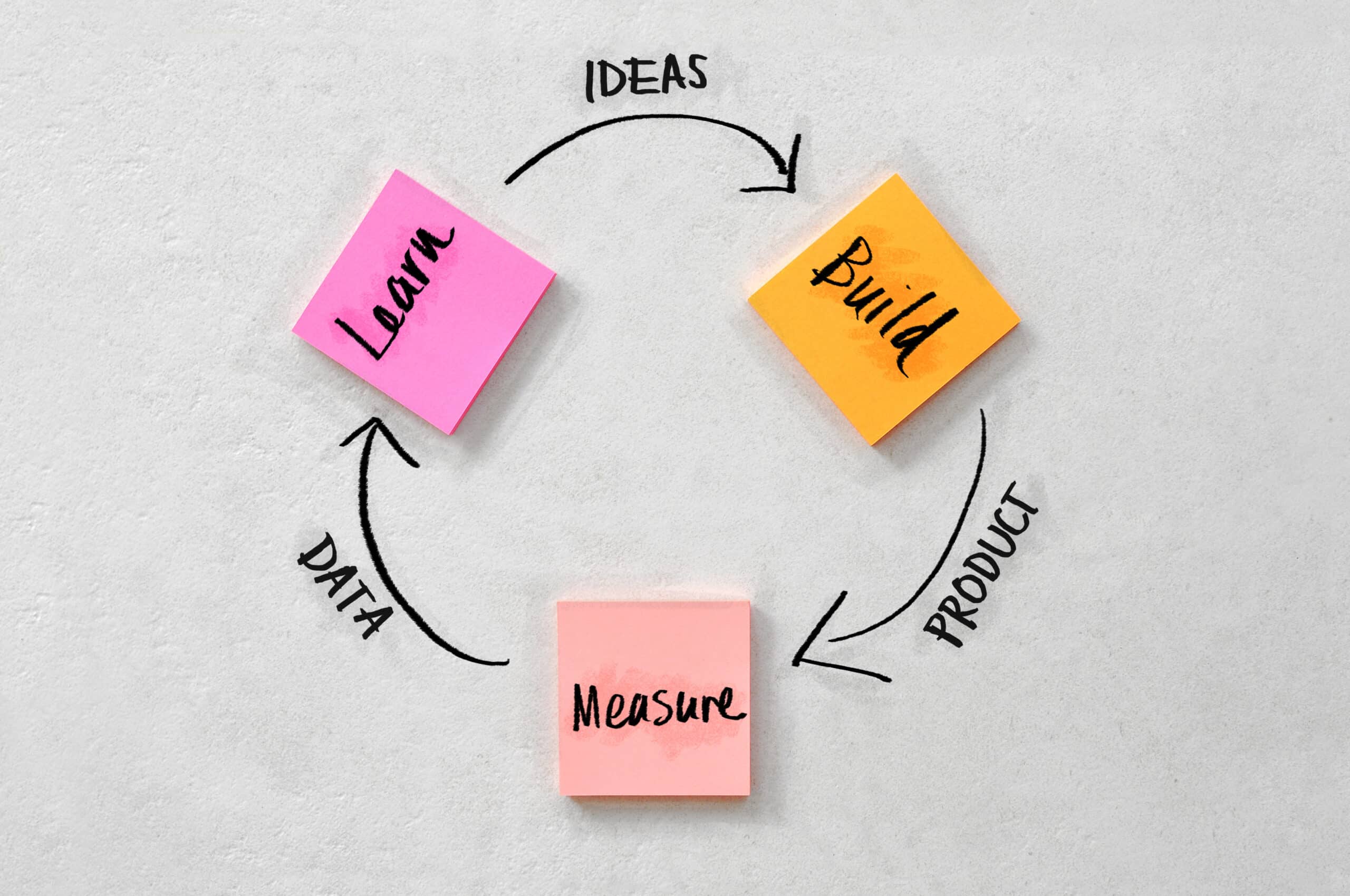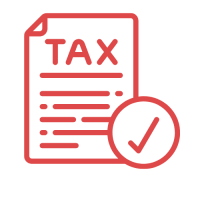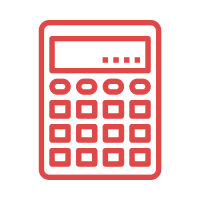When it comes to starting your small business, there are a few key things you need to keep in mind for it to be a success. The most important thing is to do your research and planning upfront. This includes figuring out what type of business you want to start, what the competition is like, what your target market is, and what kind of funding you need.
Another vital thing to keep in mind when starting a successful business is how to manage and grow your new venture. You’ll need to create a business plan and track your progress against your goals. You’ll also need to establish sound systems and procedures early on so your business can run smoothly even when you’re not there. And lastly, be sure to market your business effectively and constantly look for new growth opportunities.
Starting a business can be an extremely rewarding experience, but it’s also important to remember that risks are involved. Before you take the plunge and become your own boss, here are a few things you need to know.
1. Business Involves Planning – Starting A Business
There are a few initial planning stages you will need to go through when your business is starting:
Come up with small business ideas.
Your small business ideas can be anything from a new product to a new service. The business idea should be something you feel passionate about and will get you out of bed in the morning.
If you’re unsure if your business idea is good, there are a few things you can do to test it out.
Research Your target market.
When you’re testing out your business idea, it’s important to conduct market research, it’s essential to talk to people who would be your potential customers. This will help you understand their wants and how they could use your product or service. You can ask them questions such as:
1. What needs does your product or service fill?
2. What are your biggest pain points?
3. Would you be interested in using this product or service?
4. What do you think is the biggest benefit of using this product or service?
See what they think of the idea and if they would be interested in buying from you. This will help you determine if there is a market for your product or service and how to best reach your target audience.
Conducting market research to determine whether there is a demand for your product or service. This can involve surveying potential customers, analyzing industry trends, and studying your competition.
You can use several methods to conduct market research, and the most appropriate method will vary depending on your business and the type of information you need. Some common market research methods include surveys, focus groups, and online surveys.
If you’re unsure which method is best for your business, consult with a marketing or research specialist for advice. They can help you design an effective survey or questionnaire, and they may also be able to provide you with access to resources like online survey tools or customer databases.
Research Your competition.
Knowing what/who you are going up against will allow you to plan accordingly. See if a business is already doing something similar to what you want. If so, research them and see what they are doing well and what they could improve on. This will give you an idea of what the market is like and whether or not your business idea has potential. See what they’re doing and how you can differentiate yourself from them.
When researching your competition, it’s important to look at things such as:
1. What their business is about
2. What their website looks like
3. What their branding is like
4. How they are marketing themselves
5. The prices of their products or services
6. Any reviews or testimonials they have
7. What type of social media presence they have
8. The quality of their products or services
9. Anything else that stands out to you
Your business will need to have a competitive advantage. Your business needs a competitive advantage because it will help you stand out in a crowded market. Without a competitive advantage, your business will likely be indistinguishable from your competitors, making it difficult to succeed. There are a few different ways to create a competitive advantage for your business:
1. Excellent customer service
2. Unique product or service
3. Low prices
4. Strong branding
5. Good location
6. Excellent marketing
Once you’ve done your research, you should better understand whether or not your business idea has potential.
Create a business plan.
A business plan is a document that outlines your business goals, strategies, and how you plan on achieving them.
A well-crafted business plan is an essential tool for any business. It can help you stay on track and ensure your business is headed in the right direction. A solid business plan should include detailed information about your business goals, target market, competition, and marketing strategy. It will also include financial projections to help you understand how much money you will need to make your business successful. Writing down the startup costs will show you how much funding is needed. Creating a business plan is a great way to organize your thoughts and ensure you have all the necessary information for business success.
Decide on the business structure you will use
There are several different business structures to choose from when starting a small business. The most common business structures are sole proprietorship, partnership, limited liability company, and trusts.
The type of business structure you choose will affect things like how much money you will need to start your business, how much personal liability you will have, and how your business will be taxed. Choosing the right business structure for your business is important, so consult with a lawyer or accountant before making your final decision.
In this step, as a small business owner, you will also need to apply for an Australian Business Number, no matter the legal structure you choose. In some instances, when you use a more complex business structure that is a separate entity from yourself, you will need to apply for a Tax File Number.
If your business has a GST turnover of more than $75,000, you must register for GST. This is a value tax (or sales tax) added to most goods and services in Australia, and as small business owners, you are responsible for collecting this tax from your customers and paying it to the government.
2. What to do when you start a business
Get the necessary licenses, permits and insurance
Depending on the type of business you are starting, you may need to obtain certain licenses and permits from the state or federal government.
For example, if you are starting a food business, you will need to obtain a food safety permit from the Department of Health. If you are starting a construction business, you will need to obtain a builders license from your relevant state authority (e.g. QBCC in Queensland).
Having the right insurance for your business is essential to protect yourself and your assets. Many different types of insurance are available, so be sure to speak with an insurance broker to find the right policy for your business. Some common types of business insurance include public liability insurance, product liability insurance, professional indemnity insurance, and workers compensation insurance. Your goal is to put in a safety net to manage your personal liability.
Register your business name
Before starting your business, you will need to register your business name with the Australian Securities and Investments Commission (ASIC).
You can register your business name online through the ASIC website. The process is simple and only takes a few minutes to complete. Once you have registered your business name, you can use it for your business.
Open a business bank account
You will need to open a business bank account to manage your business finances. When opening a bank account, you will need to provide proof of your business registration and identification for yourself and any other business owners.
Many banks offer special business banking packages that can provide you with the features and services you need to run your business, such as a business credit card. Be sure to shop around and compare different banks before choosing one for your business.
Successful business owners find that having a separate bank account for their business taxes, can ensure that the money is available when they need to pay their taxes. This can help you avoid any penalties or interest charges that may be incurred if you cannot pay taxes on time. Additionally, it can help you keep track of your business expenses and income for tax purposes (it keeps it separate). Having a dedicated bank account for your business taxes can save you time and money in the long run.
Setup a way to track your Income & Expenses
As a business owner, keeping track of your income and expenses is important. This will help you stay organized and on top of your finances. It can also be helpful come tax time.
There are many different ways to track your income and expenses. You can use a paper ledger, an Excel spreadsheet, or cloud-based bookkeeping software.
A cloud-based bookkeeping software solution such as Xero is the best option for your business because it allows you to access your financial data anywhere at any time. Xero can help prepare financial statements to help make better business decisions. Additionally, it is easy to use and can save you time and money in the long run.
Market your small business to get the word out there.
There are many different ways to market your small business. The most important thing is getting the word about your business. You can do this by setting up a website, creating business social media accounts on various social media platforms, and/or running ads in local newspapers or online.
Word-of-mouth is also a powerful marketing tool, so be sure to tell your family and friends about your new business. You can also offer discounts or promotions to customers who refer new business to you.
Don’t be afraid to get creative with your marketing. The more people you can reach, the better your chance of getting new customers. Small Businesses have the flexibility available to them.
Conclusion
To start a business can be a daunting task, but it doesn’t have to be. With a little planning and effort, you can get your business up and running in no time.
The most important thing is to do your research and be prepared. Know what you need to do to get your business off the ground and ensure you have all the necessary resources.
Once you’ve done your homework, it’s time to take the plunge and start. Register your business name, open a business bank account, and start marketing your small business. With a little hard work and dedication, you’ll be on your way to success in no time.
If you’re feeling overwhelmed by the process of starting a small business, don’t worry, we can help. Contact us today to organise a time for us to help you get started. We’ll walk you through the entire process and ensure you have everything you need to get your business up and running.
Don’t wait any longer. Take the first step towards your dream of being a successful entrepreneur, and contact us today!
FAQ
Q: Do I need to have a business plan?
A: A business plan is not required but is strongly recommended. A business plan will help you map out your goals and objectives, as well as give you a better understanding of the market you’re entering.
Q: How much money do I need to start my own business?
A: The amount of money you’ll need to start your small business depends on a number of factors, such as the type of business you’re starting, the overhead business costs, and whether or not you will hire employees.
Q: Do I need to register my business?
A: All small businesses must have an Australian Business Number (ABN). An Australian Business Number (ABN) is a unique 11-digit number that identifies your business to the federal government and other businesses. You will need an ABN to register for GST, open a business bank account, and apply for business licenses and permits.
Q: Do I need insurance for my business?
A: While insurance is not required, it is strongly recommended. Insurance can protect your business from liability if something goes wrong.
Q: Do I need to have a business bank account?
A: Yes, it is recommended that you open a separate business bank account for your new business. This will help you keep track of your finances and make it easier to do your taxes.
Q: Do I need a way to record my sales and expenses?
A: 100% yes, with a well-organised, up-to-date way to track your business transactions will give it the best chance of success. We recommend Xero to all our clients.
Q: I’m feeling overwhelmed. Where can I go for help?
A: If you’re feeling overwhelmed by the process of starting a business, don’t worry, we can help. Contact us today to organise a time for us to help you get started. We’ll walk you through the entire process and ensure you have everything you need to get your business up and running.



